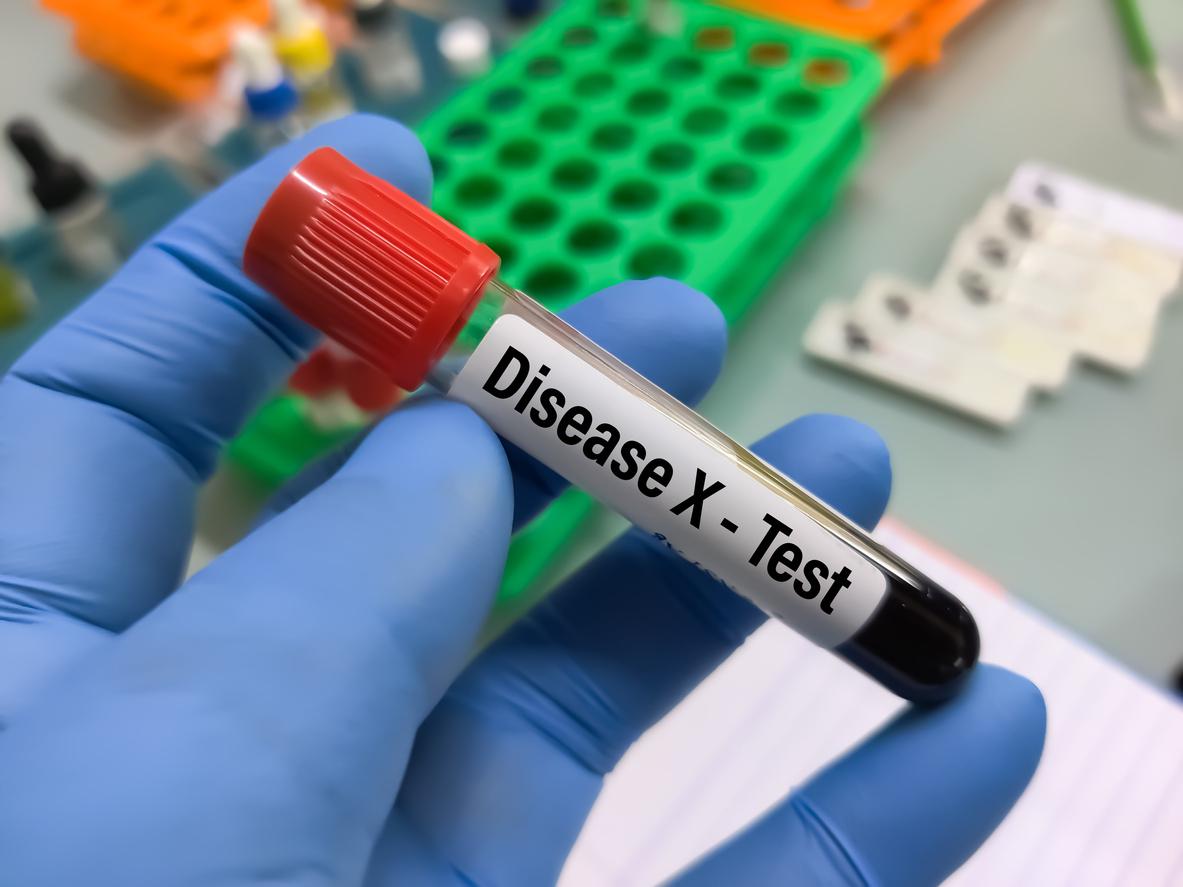Huntington’s disease is a genetic neurological disease. It currently affects 18,000 people in France, which makes it a so-called rare disease. 6,000 of these patients show symptoms, 12,000 others carry the gene but are asymptomatic. French researchers have made an unprecedented discovery on this pathology: it is in fact visible in the human body from the embryonic stage.
Huntington’s disease usually appears in adulthood, between the ages of 30 and 50. It is defined first by psychiatric disorders before moving on to motor and cognitive disorders. It then gets progressively worse without current medicine having the means to treat it. It is caused by a mutation in a gene coding for a particular protein called huntingtin. This is the reason why, when cases are known in a family, it is possible to carry out a predictive genetic test.
Traces in the brain of embryos
The teams of Sandrine Humbert, Inserm research director at the Grenoble Institute of Neurosciences (Inserm/Grenoble Alpes University), and Alexandra Durr, university professor-hospital practitioner at Sorbonne University, at the Pitié Salpêtrière Hospital – AP-HP and at the Brain Institute (Inserm/Sorbonne University/CNRS/AP-HP) have tried to understand what happens before the stage where the adult develops symptoms. They have for this studied human embryos, for some with the heredity of the disease and for others without.
The researchers realized that from the embryonic stage the carriers of the gene were distinguished from the others. The anomaly present at this point in development was confirmed by subsequently studying mouse embryos. ” It is the first time that brain development abnormalities have been demonstrated in this disease. Moreover, these are relatively important and extensive although we are not yet able to determine their direct consequences. “, specify Sandrine Humbert and Alexandra Durr who directed this work.
They tried, at this stage of the study, to explain why the disease took so long to develop: “we hypothesize that the brain very early puts in place compensation mechanisms that allow normal functioning. It could also be that the same is true in people carrying mutations associated with other types of degeneration such as Alzheimer’s disease or amyotrophic lateral sclerosis.“.
Read also:
Huntington’s disease: a blood test to detect it?
Researchers recreate Huntington’s disease on a chip


















